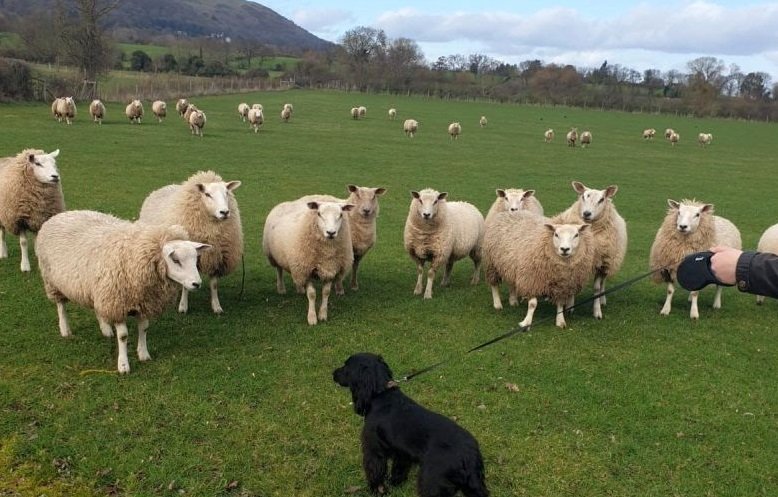
Sheep farmers have criticised the new Countryside Code for placing little recognition on the rising problem of irresponsible dog ownership and livestock worrying.
Changes in the guidance issued by Natural England and Natural Resources Wales include information on walking only on footpaths and not feeding livestock.
But the National Sheep Association (NSA) says not enough attention has been given to the issue of sheep worrying and out-of-control dogs.
Farmers have suffered an increase in attacks by dogs over the past year, as dog ownership has increased and walking in rural areas has become one of the few activities to be enjoyed during lockdown.
NSA chief executive Phil Stocker said: “The consultation that has led to the launch of the new version of the Countryside Code has fallen short of the mark in terms of what is needed.
“Of particular concern to sheep farmers in England and Wales will be the failure to advise that dogs should be kept on leads in the vicinity of livestock.
"To simply suggest a dog should be ‘in sight’ when its behaviour around livestock could be unpredictable will not prevent livestock being attacked by dogs."
Mr Stocker also said the new Code was a 'missed opportunity' to inform people that the majority of the countryside was farmed and privately owned.
"The review of the Code was much needed and is something that NSA called for, but let’s hope we don’t have to wait another decade before it can be looked at again,” he added.
The new version’s release comes at a time of concerted effort by NSA to highlight the risk posed by dogs to sheep and lambs in the countryside.
Farmers are currently being surveyed on the issue with results already indicating an increase in dog attacks over the past year when lockdowns have resulted in an increase of walkers through fields.
Initial findings also suggest that most attacks happen due to a lack of knowledge by the general public on the devastation that even the calmest natured dog can cause.
Farmers who may have had an issue with dog attacks over the past year have been told to complete the survey before it closes on 19 April.
